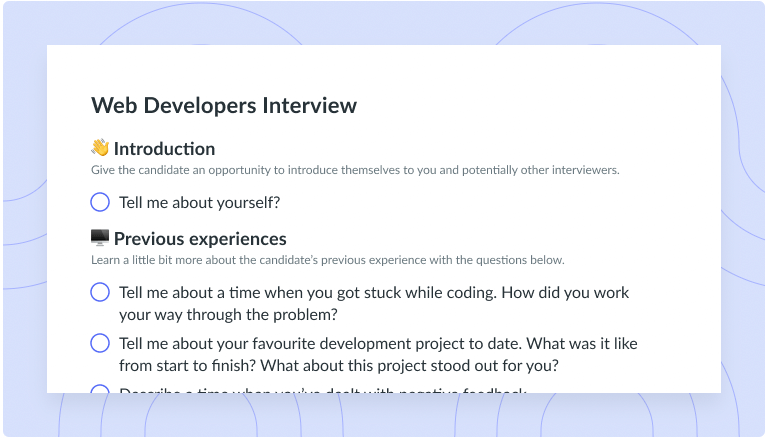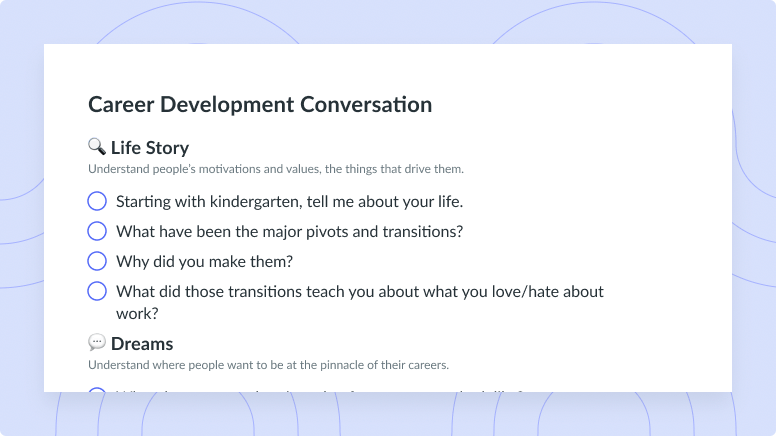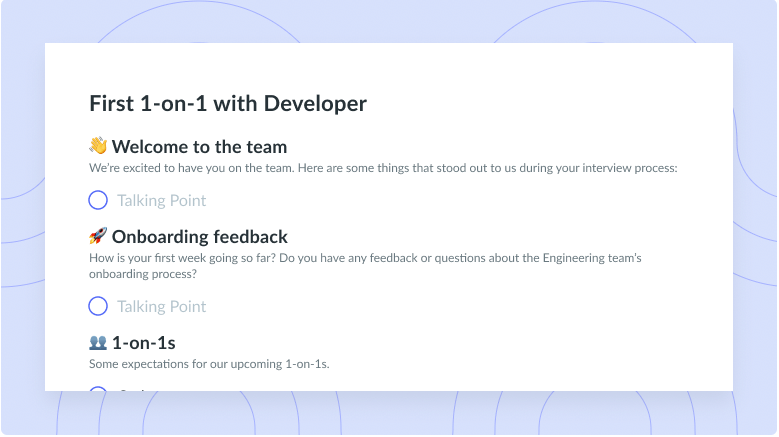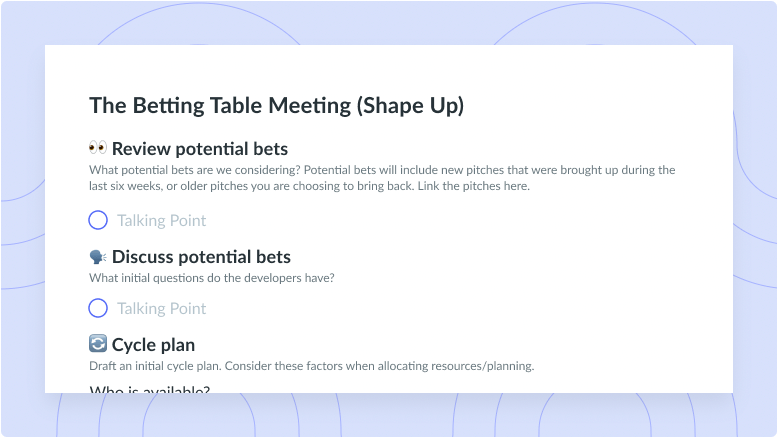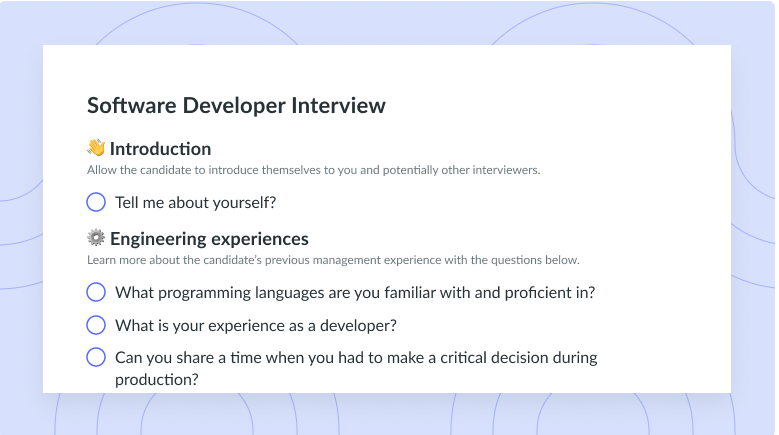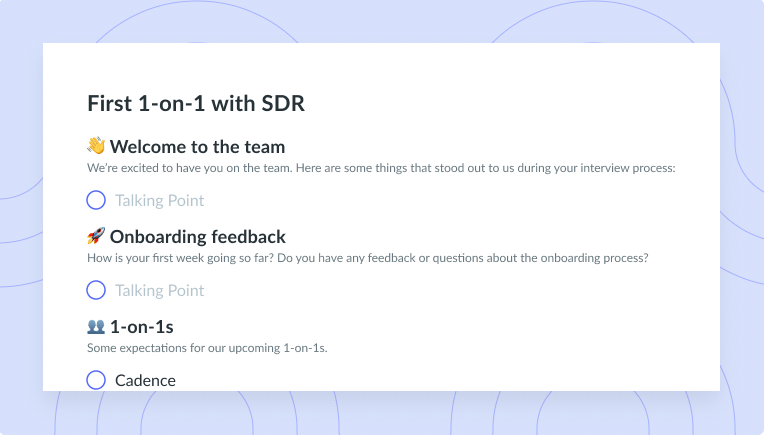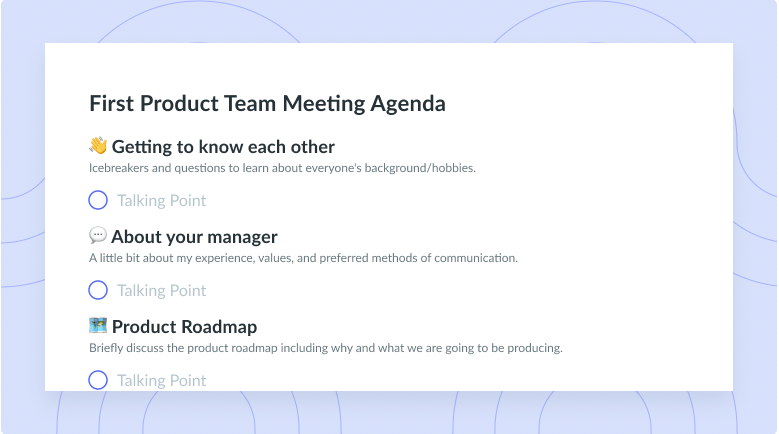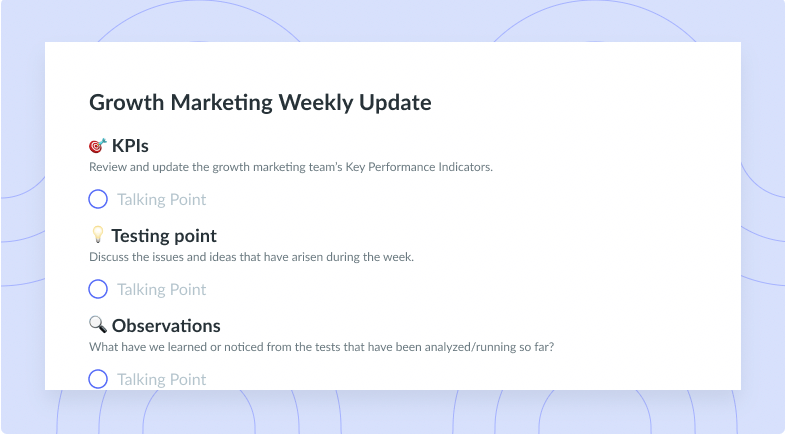A Look at the Software Developer’s Career Path
There are a lot of possible software developer career paths. Learn everything there is to know about career paths and choices here.
Whether you are passionate about coding or are looking at ways that you can advance your existing software development career, there are many avenues you can take that should be considered. Not only do you need to think about your technical skills or technical expertise, but there are often also some soft skills that need to be further developed for you to get to where you’d like to be in your career as a programmer. Where a career path is a generalized term for advancement in your career, a career ladder is the specific way in which you can progress to the next “level” within a specific company. You can pursue many different paths in web development, so it’s important to tailor your learning and development to your career aspirations and opportunities that are available to you within the company at which you work.
This article will cover the difference between a software developer and a software engineer, five software developer career paths, some key skills required to become a software developer, and how you can choose the right career path for you in this field of work.
- Software developer vs. software engineer
- 5 software developer career paths
- Key skills needed to become a software developer
- How to choose the right software developer career path
Software developer vs. software engineer
Software developers are in charge of designing specific application software or specific computer systems as well as maintaining them. In a software developer role, an individual may be tasked with helping to build software systems that power devices or networks and is in charge of ensuring that these particular systems remain fully operable. Alternatively, a software engineer tends to focus on more large-scale designs at a high level and on longer-term projects. This means that a software engineer is typically tasked with designing, developing, and testing entire application software packages and computer systems for their entire organization. In a software engineering role, software development is a component of the job, but individuals need to be able to thoroughly understand the development planning and execution to be successful in this position.

Meetings worth showing up to
Level up your engineering meeting habits to boost engagement and productivity with a collaborative meeting agenda. Try a tool like Fellow!
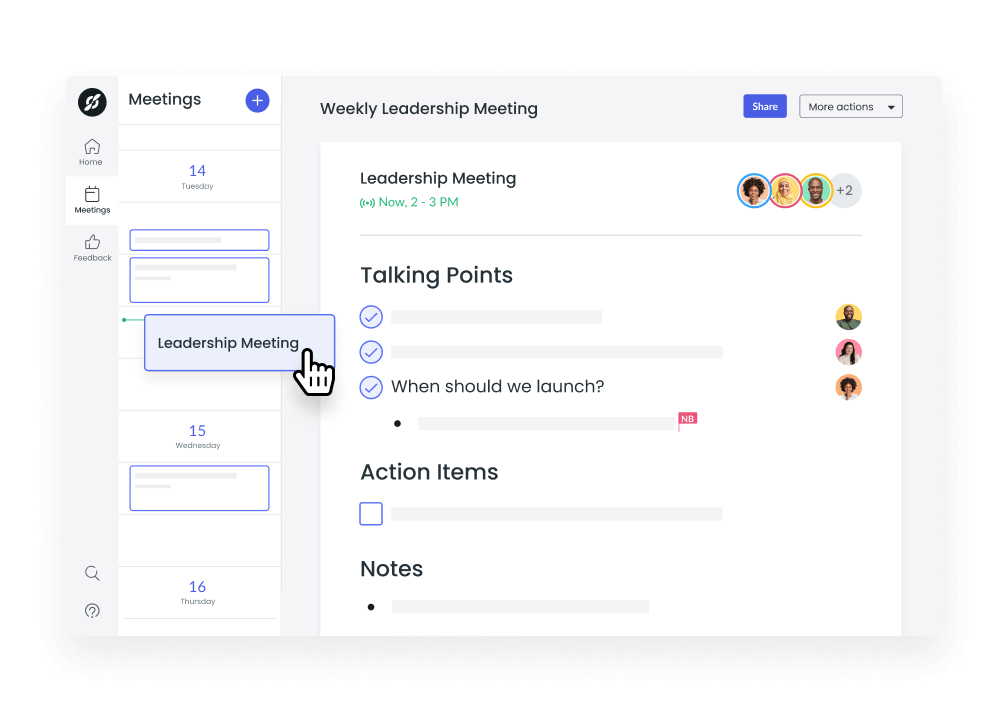
5 software developer career paths
1Cloud development
The world of cloud computing has changed the developer world and the way in which organizations function around the world. The need for developers who specialize in cloud computing is growing with the simultaneous rise of cloud services being offered. If you’re interested in potentially specializing in cloud development and want access to innumerable opportunities, it’s essential that you get your Certified Cloud Security Professional (CCSP) certification. In the infrastructure-as-a-service industry, Amazon Web Services (AWS) has the majority of the market share, with Microsoft’s Azure and Google Cloud Platform holding the next highest shares as operating systems and both offering certification programs for the services they provide. Consider completing these programs to further develop your cloud skills.
2Desktop development
Desktop development used to be the most relevant in the software development world, but with the recent rise of mobile and tablet development, web applications have become somewhat more relevant. That said, desktop development remains in high demand; this is especially true for integrated development environments (IDE). An IDE is a software application that offers comprehensive facilities to computer programmers for software development, typically consisting of at least a source code editor, build automation tools, and a debugger. If you already have some desktop experience and want to further develop it in this space, desktop development could be an attractive career path for you to take.
3Video game development
In a recent article for Better Programming, Armel Fopa explains why a career in video game development could be attractive to many software developers:
“… I still think game development is a great career option. It’s a difficult one, with lots of competition and long hours. If you’re passionate about games, go down this route, but be aware you might switch later. Frameworks used by game developers include DirectX, OpenGL, Unity 3D, WebGL, and languages include C, C++, C#, and Java. JavaScript and HTML5 games are rising in popularity. On mobile devices, Swift and Java are now the technologies of choice for iOS and Android games, respectively.”
4Mobile development
Because most individuals interact more with their phones than with a computer today, more mobile apps (and therefore more mobile developers) are necessary to meet user demands. Being a dedicated mobile app developer can take many different avenues, like updating app versions or websites, creating their own apps, or more. If you have an entrepreneurial and creative nature, this may be the software development avenue for you.
5Web development
The majority of software developers fall under the category of web development, which focuses on building websites. In the same article previously referred to, Armel Fopa explains:
“This path is a very common and easy way to get into software development. Most developers fall into this category or do at least some web development. Nowadays, web development is broken down into two major categories: front-end (client-side) and back-end (server-side). In between, we have full-stack development, which encompasses both.”
Key skills needed to become a software developer
- Problem-solving skills: Essential to work on any issues that arise in relation to design, program, build, bugs, or errors in the code.
- Organizational and time management skills: Important when working on multiple projects simultaneously, especially when there are tight deadlines to get a product out to a user.
- Non-technical skills: Communication, problem-solving, and time management skills are some examples of non-technical skills that are required for software developers to get the job done.
- Strong mathematical skills: Necessary for ballparking estimations about system loads, manually writing code, and determining the probability of a recurring event.
- Great attention to detail: Helps ensure you’re writing high-quality code and making few coding errors.
- Ability to understand different programming languages: This opens up many paths in your career development and ensures that you have options.
- Ability to work in a team: Collaboration is key when it comes to executing successful projects with the developer or engineering team. This is especially true if you’re working with open-source code.
- Ability to stay current with trends: Staying current means that you can help your team by suggesting innovative ideas, and the company can therefore remain competitive in the market.
How to choose the right software developer career path
- Decide what kind of work environment you thrive in
- Determine your personal strengths
- Consider the median salary
- Understand the steps involved to get there
1Decide what kind of work environment you thrive in
Think about what kind of work environment you thrive in and if the company you currently work with can offer that to you. Because we’re at work for the majority of the day, it’s really important to think about what kind of working environment allows you to thrive and find your flow state. Your flow state (a term coined in positive psychology) refers to a feeling that people experience where under the right conditions and in the right environment, you feel deeply focused and absorbed in your work in a way that brings about a sense of enjoyment and of purpose. Think about which kind of environment puts you in the zone and take the steps necessary to put yourself there.
2Determine your personal strengths
Always play to your strengths. It’s important to think about your personal strengths and in which area of development your skills will be best used. Naturally, people tend to enjoy things that they’re good at; as such, if you choose to work in an area of development or programming that you excel in, chances are you will truly enjoy it. Identify your personal strengths and be sure to discuss them with your manager so you can look at the career ladder and see which kinds of opportunities may be available to you.
3Consider the median salary
Considering the median salary of different positions within software development can be important because doing so provides you with an idea of what you can expect within the industry. With this knowledge, you can then make an informed and well-thought-out decision about which roles you want to apply for, knowing their earning potential. Knowing the median salary of software development positions can help you navigate salary negotiations and can also help you identify any skills gaps or competencies that you should build to qualify for other positions that interest you.
4Understand the steps involved to get there
When you take the time to understand which kinds of steps are involved with the career path that interests you the most, you’re able to work on a career plan with specific objectives. This way, you can work towards these tangible goals to be an attractive candidate and progress in the direction that interests you the most. In most cases, there will be learning curves, tech stacks, and languages that you may need to overcome to put yourself in the running for a particular position within the company. Again, making a development plan with your manager is a great way of working towards these goals and simultaneously working towards your career aspirations in the developer world.
Parting advice
As we see technology continuously evolving, new opportunities for the software developer career path are coming to light. Software developer career paths allow individuals to work at higher and higher levels without moving into management. For instance, DevOps engineers, senior software engineers, and technical architect roles are accessible without people management as a responsibility. That said, after many years of experience, often software developers do choose to move into engineering management positions such as a tech lead role or even a chief technology officer at some point in time.
What’s important is identifying your area of interest and your areas of strength, and making a plan as to how you can work towards achieving your career goals for a happy and successful career in software development.









